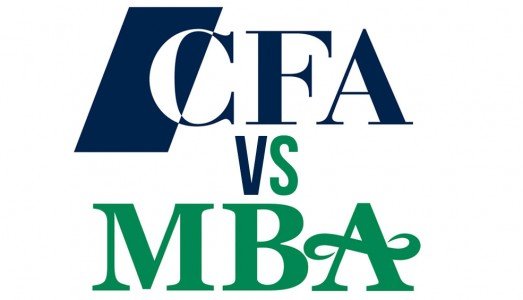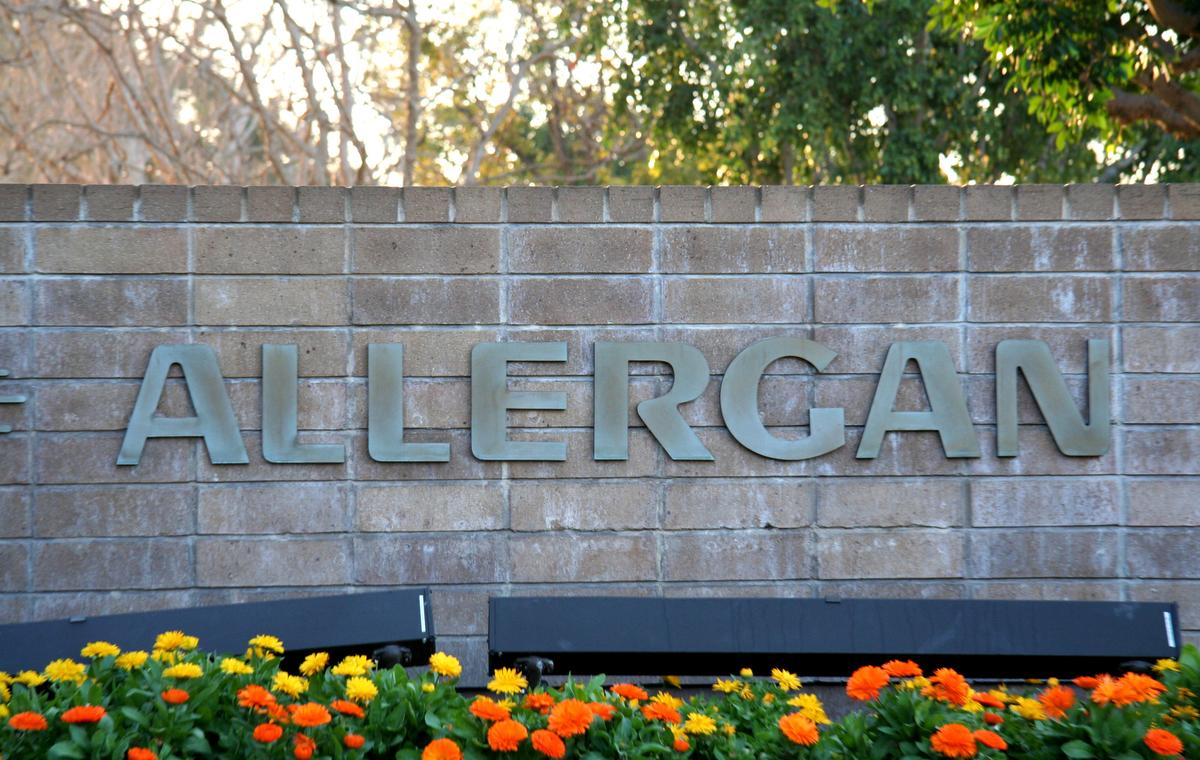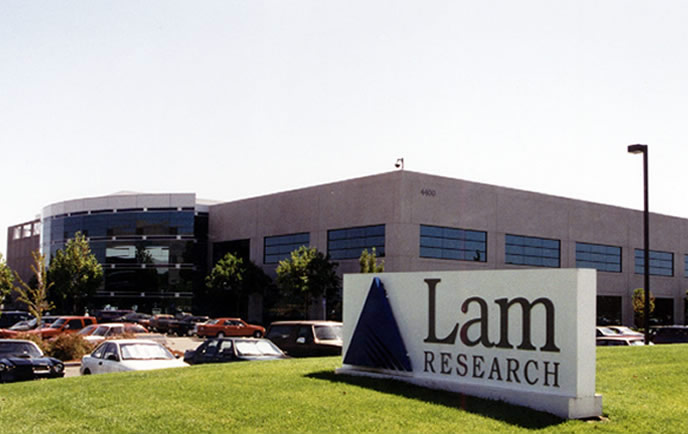by Ben Carlson, A Wealth of Common Sense
An aspiring portfolio manager asks:
I’m just starting out in the investment business and would like to work my way up. Should I start the CFA program or get my MBA first?
When I started in this business, I asked this same exact question to every portfolio manager, analyst or investment consultant I came into contact with. I didn’t have a ton of experience coming into the industry, so I realized early on that one or both of these would be necessary to move up the ladder.
I ended up getting my CFA designation first and then went onto get my MBA. First, let me just say that no one needs either of these to succeed in portfolio management. There are obviously plenty of great investors who didn’t need a graduate-level program to succeed. You don’t need an MBA to learn about business principles. You could do that on your own for free from any library. But they can be helpful, especially on the career-front because they show initiative and the fact that you’re trying to improve you skills and knowledge base. I’ve heard of many instances where people were able to get interviews simply because they had passed the first level of the CFA exam.
From personal experience, here’s my tale of the tape:
Time: The CFA takes two to three years to complete, assuming you pass all three in succession (something that only around 1in 5 do). A full-time MBA can be completed in 18 months or so. I went part-time for my MBA so I could still work and it took me three years to finish.
Support: You’re on your own for the CFA because it’s a self-study program. In many ways, it’s really a test of willpower and the ability to put in the time. MBA classes are more useful when they’re full of other intelligent students and the assignments require group projects.
Cost: Including the cost of the course curriculum and exam fees, the CFA will only set you back $3,000 or so, which isn’t too bad when you consider the tuition for an MBA program is in the $60-80k range. The best advice I received, if you plan on doing both, was to get your CFA first. This shows a company you’re intelligent and hard-working and then you can let them pick up the tab on an MBA. That’s pretty much how it worked out for me. Tuition reimbursement is a huge perk if you can find it.
Studying: I probably studied more for the first level of the CFA than I did during four years of undergrad. I read somewhere that there are close to 9,000 pages of study material for the CFA. They say to plan on 300 hours or so for each test. That’s probably what I put in. For an MBA the biggest time constraint for me was sitting through a three hour class once or twice a week along with a few outside group projects.
Curriculum: It’s pretty much impossible to get anything below a B in an MBA class if you just show up, so it’s more about being able to finish the readings so you can contribute in class than anything. The CFA program isn’t so much about the depth of knowledge as it is about the breadth. It covers more topics than you could imagine. Neither are perfect when it comes to their curriculum, but that’s a post for another day.
The Bottom Line: Both can be helpful, but it depends on your situation. Many firms now require at least one or sometimes both for new applicants. If you’re looking to become a portfolio manager, the CFA is the way to go. If you’re still unsure about where you want to go with your finance career, an MBA is probably the better choice. An MBA is a broader business degree, more expensive and more about building your networking skills than anything else (although a good program will hopefully improve your decision-making ability somewhat). A CFA is more focused on the analytical skills, the markets and portfolio management. It’s much cheaper, but somewhat lonely as you’re on your own for studying purposes.
You just have to put both of these programs into context. Neither matters if you don’t know how to apply them to what you’re doing. You’re not going to learn to become a better investor because you obtain the CFA designation. You’re also not going to learn how to run a business by getting an MBA. Neither signifies that you’re better or smarter than anyone else in the industry; just that you put in the time and are dedicated to the craft. In fact, if getting your CFA or MBA does inflate your ego, it’s likely to be a huge disadvantage.
Further Reading:
My Letter to Young Analysts
Observations from a Decade in the Investment Business
Subscribe to receive email updates and my quarterly newsletter by clicking here.
Follow me on Twitter: @awealthofcs
Copyright © A Wealth of Common Sense















